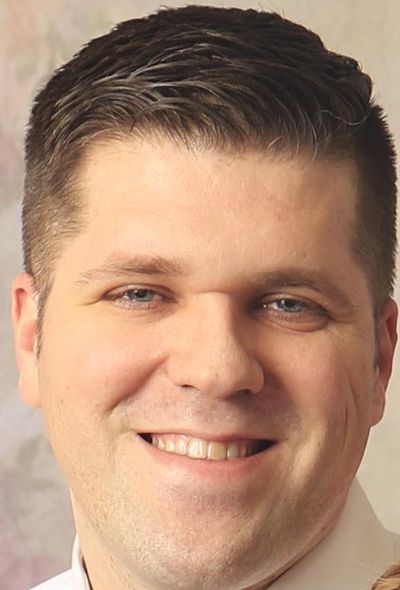Faith and Values: Mastering of our own words

Vulgarity is no substitute for wit. The Dowager Countess on “Downton Abbey” had it right.
The other day I was visiting one of my favorite home improvement stores, or at least the one that seems to take the majority of my money.
When I stepped out of my car I noticed that the car next to me had a few messages written in bright, vinyl lettering. Both of the signs proudly displayed a prominent curse word for the entire world to see.
The large, sparkling font had its intended effect: it got my attention. Like being slapped on the side of the head by a Boeing 747, there was no missing these.
I wasn’t offended, but instead found it in poor taste. As I walked away into the store, I was left to ponder if we as a society have fully embraced vulgarity as a regular part of our everyday language, letting it replace wit and class.
In our divided sociopolitical landscape, one need look no further than our daily interactions to see that our language is filled with vulgarity, name calling, back-biting, gossip, half-truths and untruths.
And despite our best efforts, we’re all guilty of it. I don’t personally know anyone who has never regretted something they have said, or in my place written, as soon as it left their lips or the tip of their pen.
If we have any hope of healing the divisions that we build between us, then we need to guard our tongues.
I know there are many people who disagree with me and say there is nothing wrong with profanity and vulgarity, and people shouldn’t try to censor other’s words or thoughts. I’m not suggesting that. Far from it.
But just because you can do something doesn’t mean you should. Anyone familiar with my writing knows that I’m a firm believer in the First Amendment. I truly believe that the censoring of words shouldn’t come from an outside source like government or laws. Instead, that censoring should be an internal mechanism for us, something we think about long before we say anything.
The book of James, chapter 6, gives a clear warning about our speech. “And the tongue is a fire, a world of iniquity. … Therewith bless we God, even the Father; and therewith curse we men, which are made after the similitude of God. Out of the same mouth proceedeth blessings and cursing. My brethren, these things ought not so to be.”
The adage “Sticks and stones may break my bones, but names will never hurt me” is entirely inaccurate. Not only can our words drive a wedge between us and the person we are speaking to, but they have a far larger impact on the person speaking. Whether we recognize it at the time or not, our words, when hurled from hasty lips, define our character.
If we choose to embrace vulgarity in all its forms, we debase our spirit and pull ourselves further away from the people that God intends us to be.
Winston Churchill once said, “We are masters of the unsaid words, but slaves of those we let slip out.”
In the end, we’re all going to make mistakes. It’s part of being human. But I would suggest that each of us take an inventory of our own language and ask ourselves, do the words I speak draw me closer to others, break down barriers, and bring me closer to God? Or do they create contention and drive me away from His presence?
Jeffrey Borders is a Spokane-born respiratory therapist, self-published author and volunteer firefighter.